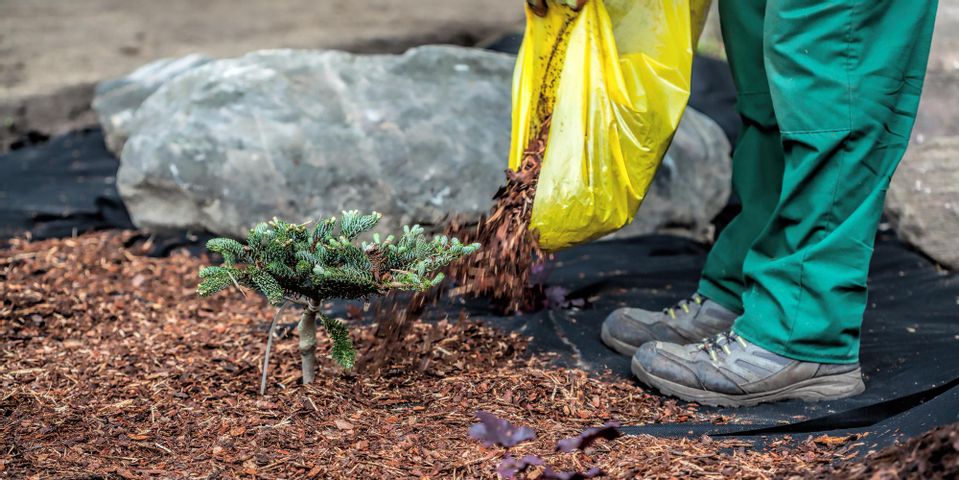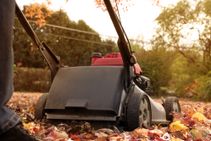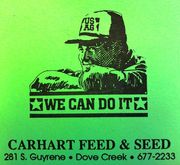Do’s & Don’ts for Winterizing Your Yard

With the recent snowstorms, it’s easy to feel like winter is already here. However, as temperamental as the weather might be, there are certain steps you can take to care for your yard when it is not covered to ensure its full rejuvenation come spring. From laying new seeds to tackling weeds, here’s how to protect your grass.
Do:
Remove leaves and weeds.
If you allow dead leaves and weeds to accumulate, they choke off precious air and light. Weeds also compete with hungry roots and seed bulbs for nourishment. So keep up with diligent raking and weeding through the first snow and beyond.
Keep mowing.
 As the weather turns cold, knowing when to stop cutting is crucial. The rule of thumb: if your lawn is still growing, you need to keep on mowing. Otherwise, the long blades will wilt and block the scarce winter sun. Less light inhibits photosynthesis, depriving your grass of nutrients and making it prone to fungal problems. Feel free to spread a little grass seed as a booster for stressed lawns as well.
As the weather turns cold, knowing when to stop cutting is crucial. The rule of thumb: if your lawn is still growing, you need to keep on mowing. Otherwise, the long blades will wilt and block the scarce winter sun. Less light inhibits photosynthesis, depriving your grass of nutrients and making it prone to fungal problems. Feel free to spread a little grass seed as a booster for stressed lawns as well.
Aerate.
Soil compresses over time. Its compaction creates a thin layer of dead, decomposing grass known as thatch. Aerating your lawn permits air, nutrients, and water to reach down through the thatch and cold-hardened soil to arrive at the grass’s roots. You can easily aerate your lawn with special machines made for the job.
Don’t:
Ignore soil pH.
A neutral pH level is vital to keeping lawns healthy through the winter. Therefore, balance acidic soil with lime products. Sulfur treatments easily correct ground that’s too alkaline. Without this, other winterizing steps will be less effective.
Forget the fertilizer.
Neglecting to fertilize before winter can also lead to brown, thin lawns come spring. Select a fertilizer formulated for winterizing lawns. They're specifically designed to support seeds and stressed plants with their elevated potassium content. Use a machine to spread fertilizer evenly and avoid over- or under-feeding.
Leave plant beds exposed.
Whenever possible, re-pot and bring small plants indoors. Otherwise, all areas of exposed planting soil need protection. If you fail to cover flower and vegetable beds for winter, they’re less likely to achieve a timely bloom and thrive. You can insulate topsoil by covering it with burlap or spreading mulch.
Preparing your land, livestock, and plants for winter requires proper tools and supplies. From seeds and farm supplies to building equipment and even quality tires, the helpful experts at Carhart Feed & Seed Co. in Dove Creek, CO, have been providing area farmers and residents with the tools of their trade for more than 25 years. Call them at (970) 677-2233 for helpful winterizing advice. You can also connect with them on Facebook for valuable tips and news.
About the Business
Have a question? Ask the experts!
Send your question

